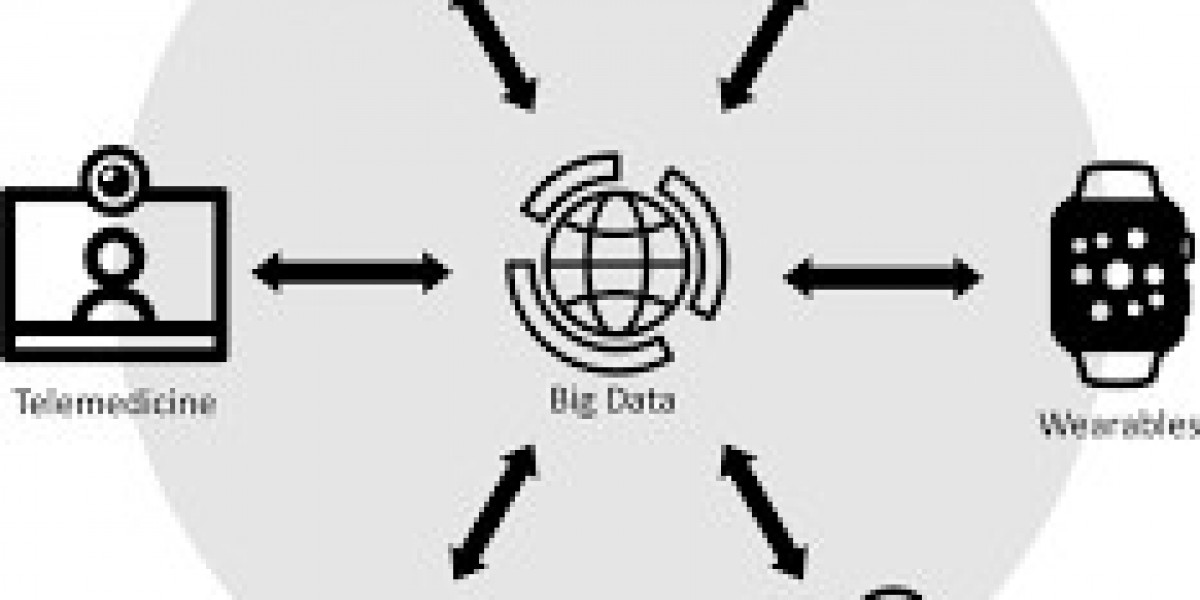The eHealth Market presents vast opportunities for startups developing digital therapeutic platforms that aim to revolutionize healthcare delivery through software-driven interventions. These platforms offer personalized, evidence-based treatments for chronic diseases, mental health conditions, and lifestyle management, often complementing or replacing traditional pharmaceuticals. However, startups in this space face unique challenges that can impede innovation, market entry, and sustainable growth.
This blog explores the critical hurdles encountered by digital therapeutic startups within the eHealth market and discusses potential approaches to navigate these complexities successfully.
Complex Regulatory Landscape
One of the foremost challenges for digital therapeutic startups is navigating the highly regulated healthcare environment. Unlike general wellness apps, digital therapeutics often require:
Regulatory Approvals: Many countries mandate approvals from agencies such as the FDA (U.S.), EMA (Europe), or other national bodies before a product can be marketed as a therapeutic intervention. The approval process can be lengthy and costly.
Clinical Validation: Demonstrating clinical efficacy through rigorous trials is essential. Startups must invest significant time and resources into evidence generation to build trust with providers, payers, and patients.
Compliance with Data Privacy Laws: Startups must comply with stringent data protection regulations like HIPAA in the U.S. or GDPR in Europe, requiring robust security and privacy measures.
These regulatory complexities can be overwhelming for early-stage companies without extensive legal or clinical expertise.
High Development Costs and Funding Constraints
Building a credible digital therapeutic platform involves substantial investment in software development, clinical trials, user experience design, and regulatory submissions. Unlike traditional apps, the development cycle includes:
Designing medical-grade software architecture.
Conducting pilot studies and randomized controlled trials.
Engaging healthcare professionals for validation.
Establishing secure cloud infrastructure for data handling.
Securing sufficient funding to support these activities is a persistent challenge, particularly when investors may be cautious about the long timelines before commercialization and revenue generation.
Integration with Existing Healthcare Systems
Digital therapeutics must seamlessly integrate into healthcare workflows to gain adoption. However, startups often struggle with:
Interoperability Issues: Electronic health records (EHR) systems vary widely, and achieving smooth data exchange can be technically complex.
Provider Acceptance: Clinicians may be hesitant to prescribe or recommend digital therapeutics without clear evidence, guidelines, and training.
Reimbursement Models: Lack of standardized reimbursement codes and payment pathways for digital therapeutics complicates monetization and scaling.
These integration challenges require startups to invest in strategic partnerships, interoperability standards, and advocacy efforts to foster ecosystem acceptance.
User Engagement and Retention
Digital therapeutics rely on sustained patient engagement to achieve clinical outcomes. However, maintaining user motivation over time can be difficult due to:
App Fatigue: Patients may lose interest or struggle with technology usability, especially older adults or less tech-savvy populations.
Behavioral Change Complexity: Encouraging long-term behavior modification requires personalized, adaptive content and continuous feedback mechanisms.
Accessibility Barriers: Limited internet access, device affordability, and digital literacy can exclude potential users, especially in underserved populations.
Startups must focus on designing intuitive, accessible, and culturally relevant platforms, leveraging behavioral science to drive adherence and retention.
Competitive and Market Entry Challenges
The eHealth market is rapidly expanding but also becoming crowded with new entrants, including established tech giants and traditional pharma companies launching digital therapeutics. Startups face:
Differentiation Challenges: Standing out requires innovation not only in technology but also in clinical effectiveness, user experience, and business models.
Market Education: Educating providers, payers, and patients about the benefits and evidence behind digital therapeutics is essential but resource-intensive.
Rapid Technological Evolution: Keeping pace with emerging technologies such as AI, wearables, and data analytics demands continuous R&D investment.
To overcome these, startups need clear value propositions, focused niche targeting, and robust go-to-market strategies.
Data Security and Ethical Concerns
Handling sensitive health data places startups under ethical scrutiny and legal obligations. Risks include:
Data Breaches: Vulnerabilities can lead to breaches, eroding user trust and attracting regulatory penalties.
Ethical AI Use: If AI drives therapeutic recommendations, transparency, bias mitigation, and accountability are critical.
Informed Consent: Ensuring users understand how their data is used and securing proper consent can be complex in digital environments.
Implementing best practices in cybersecurity and ethical governance is non-negotiable for long-term viability.
Strategies to Overcome Challenges
Despite these obstacles, digital therapeutic startups can enhance their prospects through:
Early Regulatory Engagement: Working closely with regulators to clarify requirements and align development processes.
Building Clinical Partnerships: Collaborating with academic institutions and healthcare providers for validation and credibility.
User-Centric Design: Prioritizing usability, personalization, and continuous feedback to maximize engagement.
Strategic Alliances: Partnering with insurers, pharma companies, and tech firms to access markets and infrastructure.
Robust Data Governance: Investing in top-tier security and ethical frameworks to build trust and comply with regulations.
Focused Market Niches: Targeting specific therapeutic areas or populations to differentiate and demonstrate impact.
Conclusion
Startups developing innovative digital therapeutic platforms within the eHealth market face multifaceted challenges, ranging from regulatory hurdles and funding to user engagement and system integration. However, with strategic planning, strong partnerships, and a commitment to clinical excellence and user experience, these companies can overcome barriers and contribute significantly to the future of healthcare delivery.








